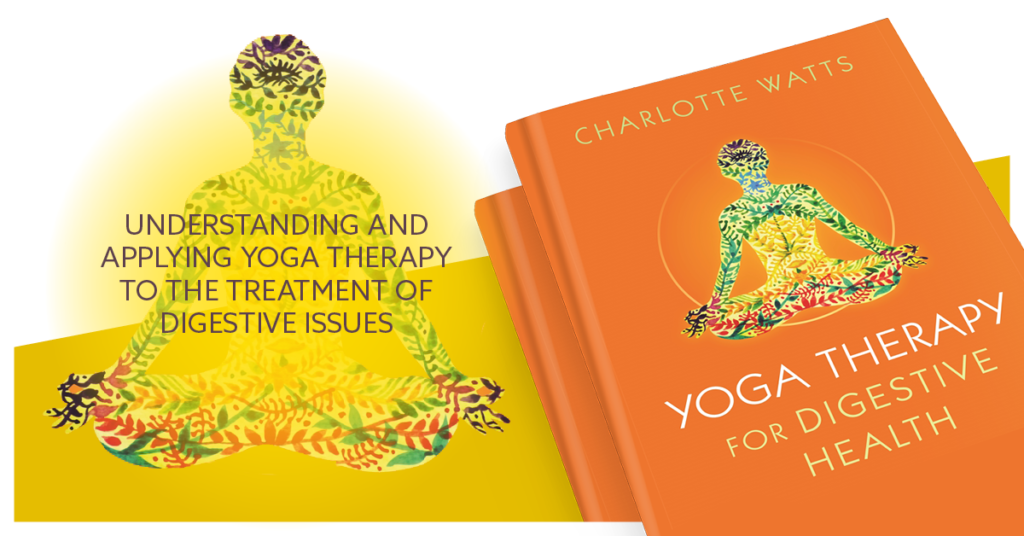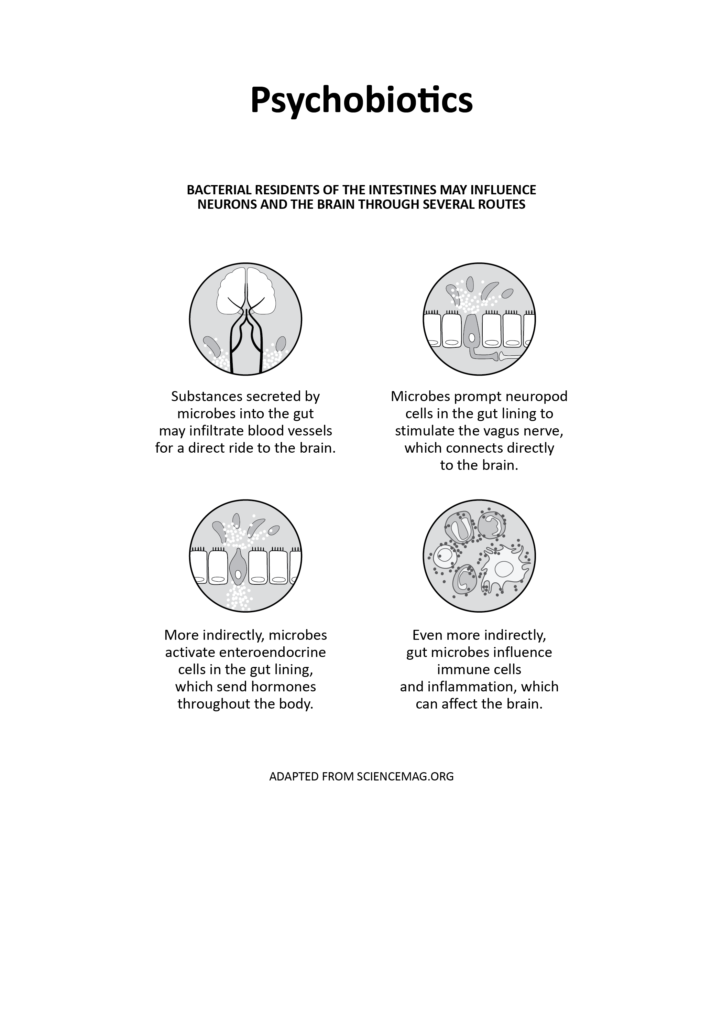We explore why listening in to and cultivating compassion for your microbiome can affect your whole health, including your immunity and mood…
Written by Charlotte Watts and Leonie Taylor, co-authors of Yoga Therapy for Digestive Health and Yoga and Somatics for Immune and Respiratory Health.
When we explore a meditative yoga or somatic practice, we bring attention to the subtle body, our interior landscape, as a means of then expanding clearer compassionate connection to our environment. In scientific terms, this plays out in the relationship between our microbiome and our whole body-mind integration, and out into the world around us.
The importance of the gut environment – the microbiome – on all aspects of our health, including psychological, is being increasingly researched. We are home to trillions of bacteria and, in a healthy digestive tract, 80% friendly, 20% pathogenic. The beneficial or probiotic bacteria help keep harmful bacteria as well as colonisers like yeast in check. Low probiotic bacteria levels are associated with depression and fatigue states, whereas a healthy gut flora can modulate the hypersensitivity that may come from chronic exposure to stress. Our microbiome is now believed to be a large part of the signalling mechanisms up through the gut-brain axis, where its communication plays a vital role in healthy brain function.

‘Beneficial’ bacteria and mental health
“Every emotion has a biological correlate”
Gabor Maté (2012)
The psychobiome refers to the role that gut bacteria play in our mental health. Not only does stress affect the physiological function of the gut but it also changes the composition of and reduces the microbiota (gut flora). This can then be relayed via the ‘microbiome-gut-brain axis’.

There are so many ways in which gut microbes are thought to affect the brain that are key to appropriate immune responses.
- Probiotic bacteria can cross the blood-brain barrier as part of our emotional landscape, including those gut feelings from the Enteric Nervous System (ENS)
- Where some gut microbes secrete messenger molecules that travel through the blood to the brain, other bacteria may relay signals to the vagus through cells in the gut lining
- It is no coincidence that many people with mental health issues suffer from digestive disruption. Research has demonstrated significant improvements in depression, anger and anxiety, as well as lower levels of cortisol, among otherwise healthy adults taking a daily probiotic, which suggests that chronic stress can change the diversity, quality and health of microflora in the gut
- Gut bacteria are key to proper immune system development and maintenance and microbial imbalances can promote inflammation and affect hormones
Skin deep
Within the field of psychoneuroimmunology, it is theorised that modern stressors are directed towards our guts and brain, leaving our immune system barely aware of our skin and other parts on the periphery.
Where the gut interface is around 98.4 square feet, the skin is 328 square feet! Every inch of the skin contains over 2.5 million bacteria. Toxins, stress, processed sugar, too much alcohol and harsh sanitising products can all affect the skin microbiome and how it works as a healthy boundary. The self-massage of floor work in yoga brings attention to the periphery and redirects the immune system back out to the skin, our first-barrier defence.

Microbiome as microcosm
Although the microbiome may seem separate to our own, larger self, there is a parallel between the microbiome’s relationship with the body and the yogic connection of the individual self with the larger consciousness (samadhi), reweaving our innate place within, not separate to, the natural world as ‘other’. We evolved symbiotically with our microbiome.
10 ways to help your gut microbiome flourish
- 40g per day of fibre from vegetables supports a healthy microbial environment
- Varied seasonal fruit and veg supports our variety of microbial species
- Polyphenols found in seeds, berries, green tea, brassicas and coffee fuel microbes
- Intermittent fasting (less snacking!) allows microbial replenishment
- Fermented foods contain live microbes
- Artificial sweeteners and processed foods reduce gut diversity and metabolism
- Vitamin D, absorbed through sunshine, maintains microbial homeostasis
- Exercise positively affects gut microbiota
- Over-washing and antibacterial products can damage the microbiome
- Antibiotics and even paracetamol, ibuprofen and antacids can disrupt microbial function. Only use when necessary
Qi Gong moving meditation

We can use this meditative practise to tune in to the connectivity of our inner and outer landscape. These patterns of movement from Qi Gong retrace the boundaries of the subtle body (about 12 fingers out from the skin), our peri-personal space.
- From Tadasana (Mountain Pose), with soft knees, bring the hands up in front of the belly, the hara: seat of awareness and intention. We can bring attention here to the wisdom inherent in out gut
- Bring hands up in front of the heart space, with a bowl-like holding of compassion, elbows and shoulder blades soft. Contemplate the gut-hear-brain axis
- Expand the arms to the side, shoulder height
- Raise the arms above the head, palms forward, reaching up to the sky
- Slowly bring the hands down behind the skull, following downwards around the front of the chest
- Skim the hands from in front of the belly around the hips, knees bending softly, dropping the hands around the outside of the legs over the top of the feet
- Bring the hands, palms facing away from each other, up through the midline between the legs on the slow, curling ascent, palms coming together at the belly, feeling the entirety of the body
For a deeper dive, see Yoga Therapy for Digestive Health and Yoga and Somatics for Immune and Respiratory Health.